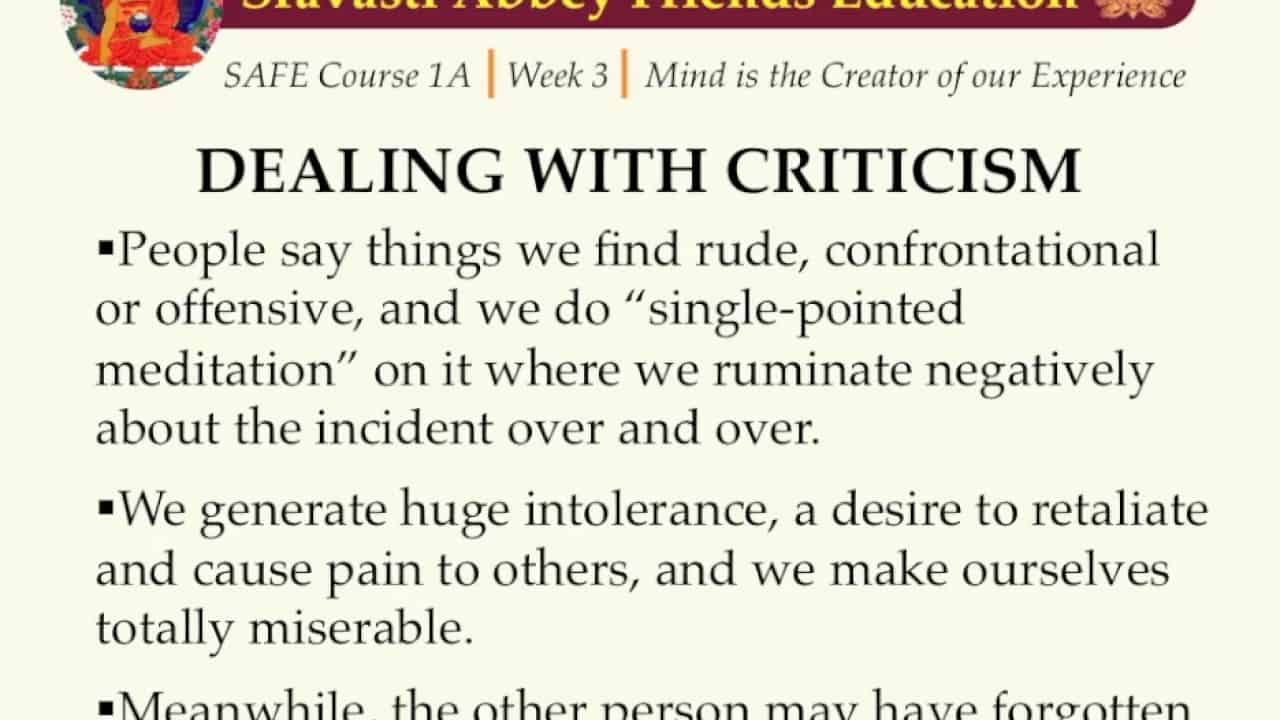Verse 40-3: Ethical conduct
Part of a series of talks on the 41 Prayers to Cultivate Bodhicitta from the Avatamsaka Sutra (the Flower Ornament Sutra).
- The importance of ethical conduct
- Creating the karma for future lives
- Generating concentration
41 Prayers to cultivate bodhicitta: Verse 40-3 (download)
We’ve been talking about,
“May all beings attain the seven jewels of an exalted being (faith, ethics, learning, generosity, integrity, consideration for others and discriminating wisdom).”
This is the prayer of the bodhisattva when seeing someone engaged in business.
We talked about the jewel of faith. This is one of the seven arya jewels. The second one is ethical conduct. We’ll see that ethical conduct comes up again and again in the teachings, in terms of people, the different goals of dharma practice, having a good life in the future rebirth, attaining liberation, attaining enlightenment, even having a happy life now. In all of those situations ethical conduct is important. We can see right away if we have good ethical conduct in this life, we automatically get along better with other people. So many of our quarrels have to do with lying and harsh words. All the speech ones, all the body ones, all the mind ones, all of them create problems in this life, don’t they?
Happiness in this life starts out with ethical conduct. Then for future lives if we keep good ethical conduct this lifetime, it creates the karma for a good rebirth in the next lifetime. This gives us not just a good life in samsara but the opportunity to continue practicing Dharma which helps us progress along the path.
If we want to attain liberation we also need ethical conduct because ethical conduct subdues the mind so that we can generate concentration. Concentration subdues the mind so that we can generate wisdom.
If we want to attain enlightenment then we also need ethical conduct. Here it’s not just the ethical conduct of the ten nonvirtues but the ethical conduct of the bodhisattva. We have the bodhisattva precepts that we take and also the tantric precepts and tantric commitments.
Everywhere you look you really see the importance of ethical conduct for this life, future lives, and in order to accomplish all of our spiritual goals.
If we think about it, the Buddha who is our role model, who we want to become like, you wouldn’t think of the Buddha ever being unethical, would you? Ethical conduct is the foundation upon which human beings trust each other very often. If we keep good ethical conduct it enables other people to trust us more, whereas if we don’t, then they have multiple reasons that they will even write about in the New York Times for why they shouldn’t trust us. It’s a very good practice for our self and others, now and in the future.
Venerable Thubten Chodron
Venerable Chodron emphasizes the practical application of Buddha’s teachings in our daily lives and is especially skilled at explaining them in ways easily understood and practiced by Westerners. She is well known for her warm, humorous, and lucid teachings. She was ordained as a Buddhist nun in 1977 by Kyabje Ling Rinpoche in Dharamsala, India, and in 1986 she received bhikshuni (full) ordination in Taiwan. Read her full bio.


